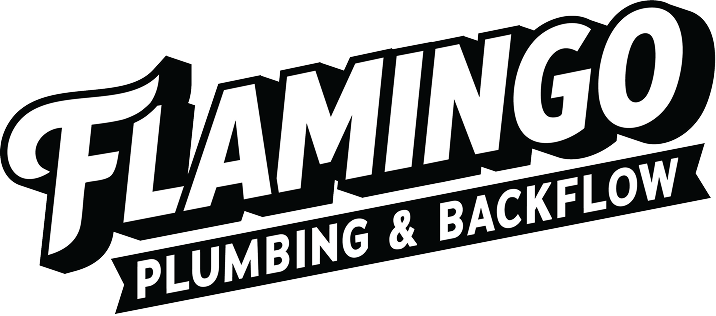Hot water is essential for every home, but unfortunately, it comes at a price. When it comes to water heaters, there are several kinds available on the market, but the right one for your home might not be so easy to choose. You can expect to pay more for conventional electric and gas type water heaters, and considerably less for solar and heat pump water heaters.
The rising cost of gas and electricity is one of the main reasons homeowners are getting attracted to efficient water heating options. However, once you’ve made up your mind on saving money with environmentally friendly options, you come face to face with another question. Which one should you choose? To understand which is the most suitable option for your home between solar and heat pump, let’s take a look at how they operate.
Solar Hot Water Systems
Solar powered water heating systems are quite different from solar PV panels that are commonly used in buildings and homes. These contain thermal conducting copper pipes which hold the water and heat it in the sunlight. This system completely eliminates the use of electricity except for when the water needs to be pumped into the tank.
You may be wondering, what happens when it is cloudy outside? Some solar water heaters have the additional option of electrical backup to heat the water in absence of sunlight. To ensure 24-hour hot water supply, these systems may switch between electrical and solar heating, depending on the availability of sunlight. The electrical backup is utilized in the early hours to maintain the temperature in the tank. Similarly, your water heater may switch to electrical backup in the evening when the sun goes down.
Hot Water Heat Pumps
A hot water heat pump is designed to trap heat from surrounding air, much like an air conditioner or refrigerator. They depend on electricity to maintain the ambient temperature in the tank. Unlike other water heating systems, heat pumps only transfer heat from one place to the other. As a result, they are considered as one of the most efficient water heating systems. In other words, for every unit of energy invested to run the system, you get three units of energy in return.
For hot water heat pumps to work efficiently, they must be placed where the ambient temperature stays between 40 and 90 degrees all year round. You can also get hybrid heat pumps which can switch to conventional electric type water heating systems. According to some studies, these types of water heaters are at least seven times more efficient than gas, and three times more efficient than electric water heaters.
Which One Should You Choose?
Solar water heaters do not require a water tank to be installed inside the house. This makes them a suitable option for homeowners who do not have extra space to hold a water tank in their home. On the other hand, the only downside to heat pumps is they can be noisy. However, many latest models have worked the issue out, making them as quiet, if not more, as other systems on the market.
When it comes to long term benefits, you can recoup the cost of solar powered systems within three to seven years. That is not including the money you will be saving on your electricity bill. Of course, the best option is not having to choose between the two. You can get solar and heat pump hybrid models which can power your home as well as provide you with hot water.
After much contemplation, if you are still not sure which water heater might be best for you, Flamingo Plumbing and Backflow can help you decide. Our experts can help you pick out a water heater that not only accommodates your needs but also fits your budget comfortably.





